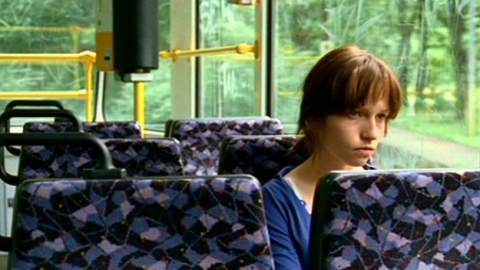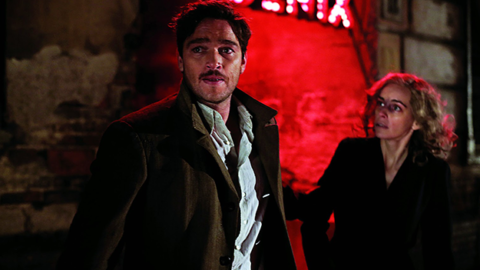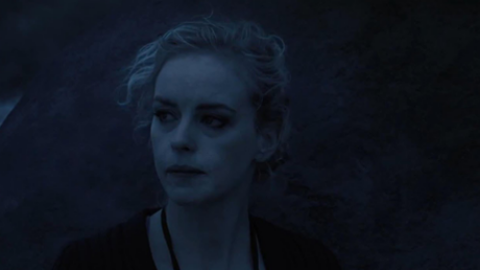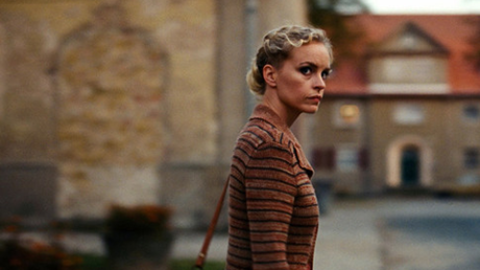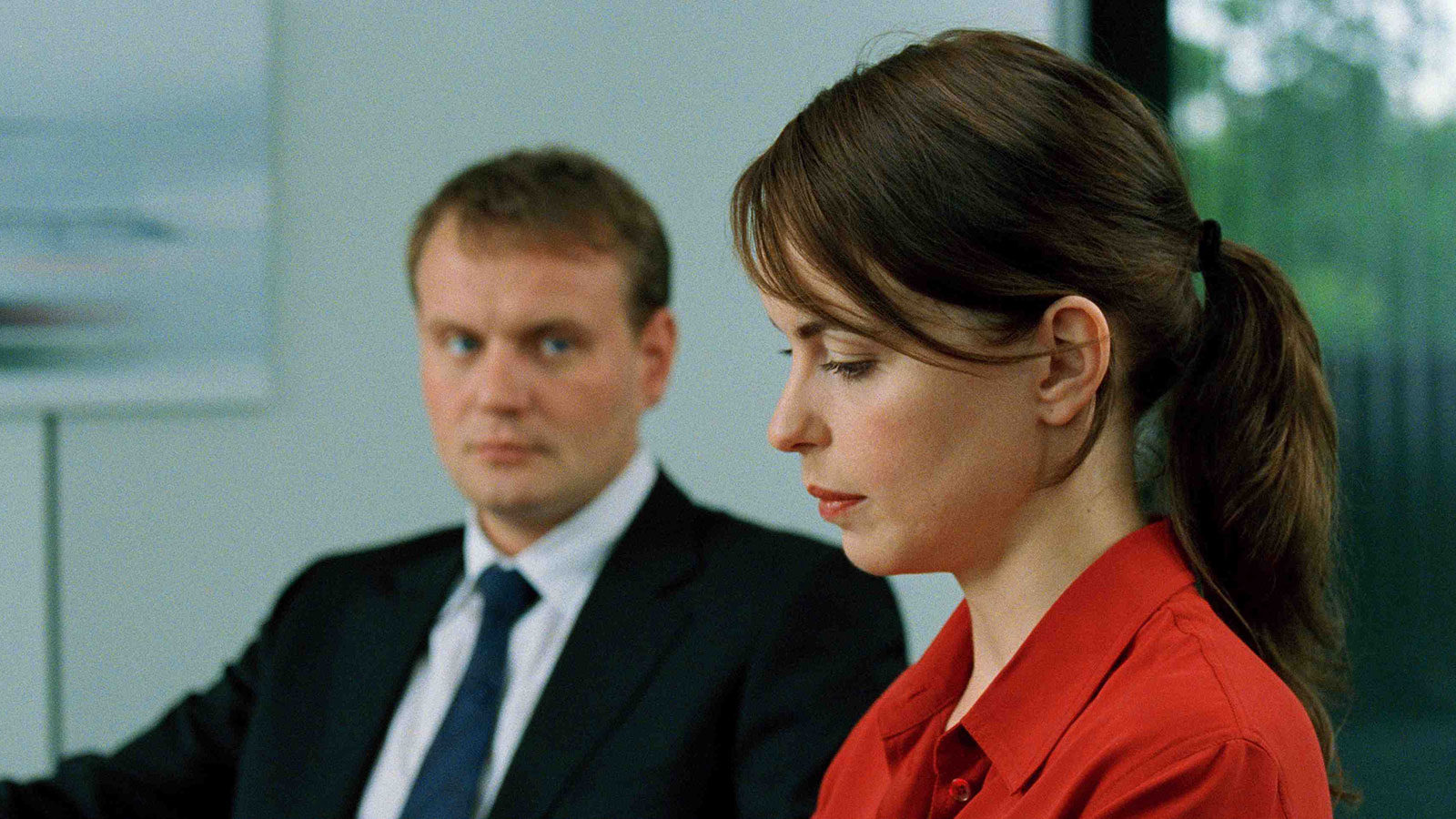
Review: Yella
How does a filmmaker depict the modern world? A world increasingly beset by deadly schisms over which the official language of business, media, and politics casts a pall of lies and illusion? It would be reassuring to believe that cinema retains a capacity to illuminate the world—and even that it has a responsibility to do so. Easier said than done. Consider how much time we spend watching films in which characters stare at computer screens and babble on cell phones. Sure, these depictions reflect the way we live now, but how has this state of affairs transformed cinematic dramaturgy and such fundamentals as mise en scène and montage? Is it enough to simply make visible the accoutrements of modernity in order to give an account of its condition? Clearly not. The sheer complexity, intensity, and violence of the present day require more than simple showing. It demands new ways of telling.
It’s in Yella’s response to challenges like these that Christian Petzold’s latest feature is so smart and pleasing. Not that the director has made anything like a manifesto for a new cinema, nor does he eschew displays of the high-tech paraphernalia of everyday life. Rather, it’s in the choice of narrative framework—something between a ghost story and a dying woman’s dream—that Petzold, a leading light of the current generation of young German filmmakers, succeeds in making the modern world strange again.
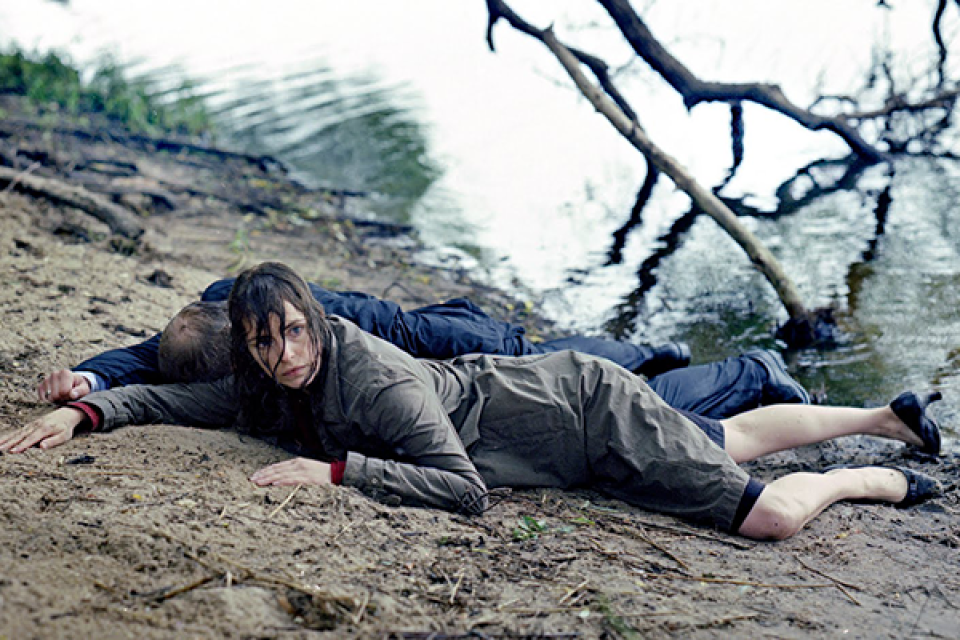
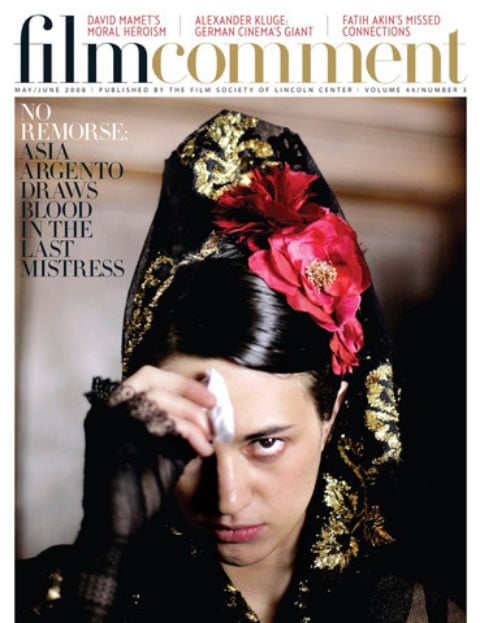
Clocking in at just under 90 minutes, Yella is a modest, haunting, highly economical work that rewards repeated viewings. It tells the story of Yella Fichte (Nina Hoss), a young woman from the former industrial town of Wittenberg in what was once East Germany, who is about to start a job in the West. On the eve of her new life, she accepts a lift from her unhinged ex-husband Ben (Hinnerk Schönemann), and as they drive across a bridge he plunges their car into the Elbe. This moment brackets the film’s main narrative in which Yella (alive, dead, or only dreaming?) makes it to Hanover, falls in with venture capitalist Philipp (Devid Striesow) and discovers she has an innate facility for cutthroat business deals. She enters the mirage-like environment of what French anthropologist Marc Augé has dubbed the “non-places” of supermodernity, a world of ubiquitous glass and steel, autobahns and hotels. Many sequences in Yella were filmed at Hanover’s moribund Expo 2000 site, and one of Petzold’s triumphs is how he lends these banal locations an uncanny edge, transforming them into a limbo for today’s unquiet souls where the past will not lie down and die. The whole film is marked by an acute sensitivity to place and space, from emblematic bridges and corridors to rivers and roads, carefully infusing materialism with metaphysics. In this, Petzold is assisted by Hans Fromm’s clinically lit, forensically framed cinematography, and a spectral sound design. Nina Hoss, who appeared in the previous Petzold projects Wolfsburg (03) and Something to Remind Me (02), memorably inhabits Yella as a haunted, Bambi-eyed wraith, an uncertain escape artist from the other side.
Is Yella a political ghost story? An allegory of German reunification? A young woman from the East’s dream of life in the West? It’s all of these and more. As a vision of the contemporary world, it’s perhaps best described in the words of Walter Benjamin, the great German critic whose insights resonate throughout the film: “the sensation of the entirely new, of the absolutely modern, is a form of becoming as oneiric as the eternal return itself.”



